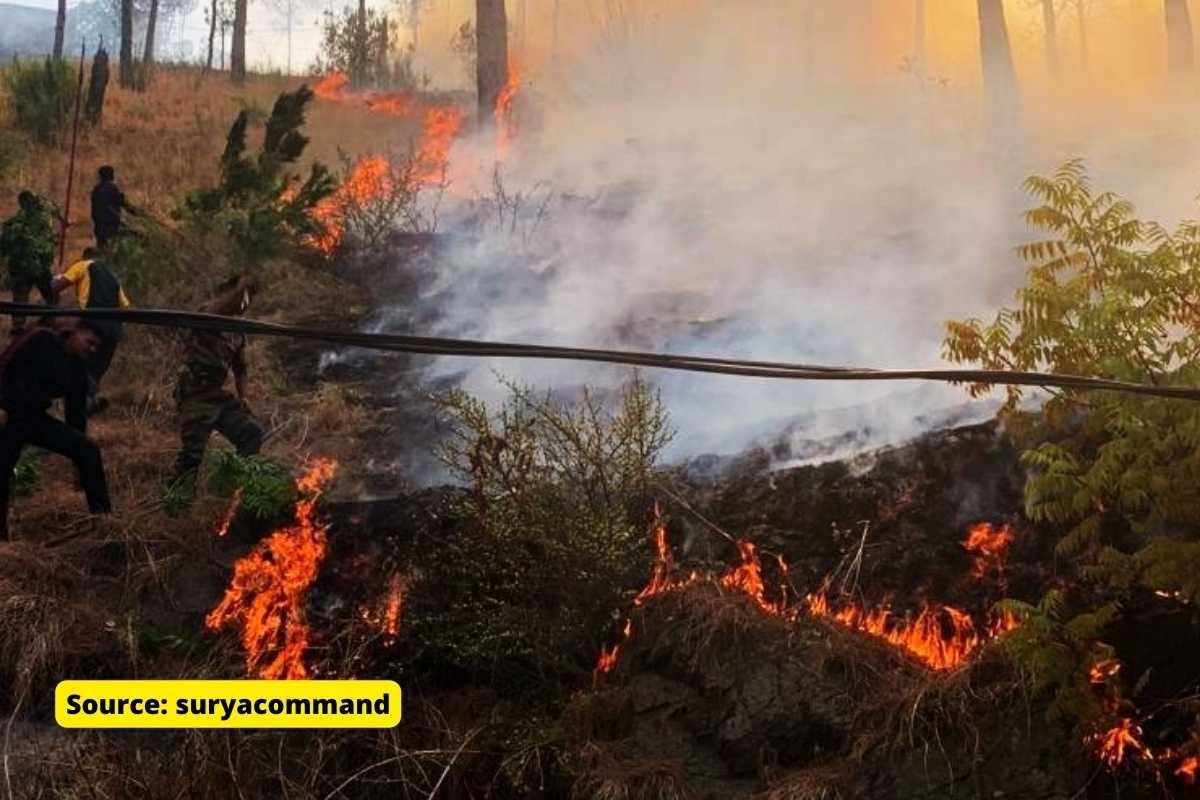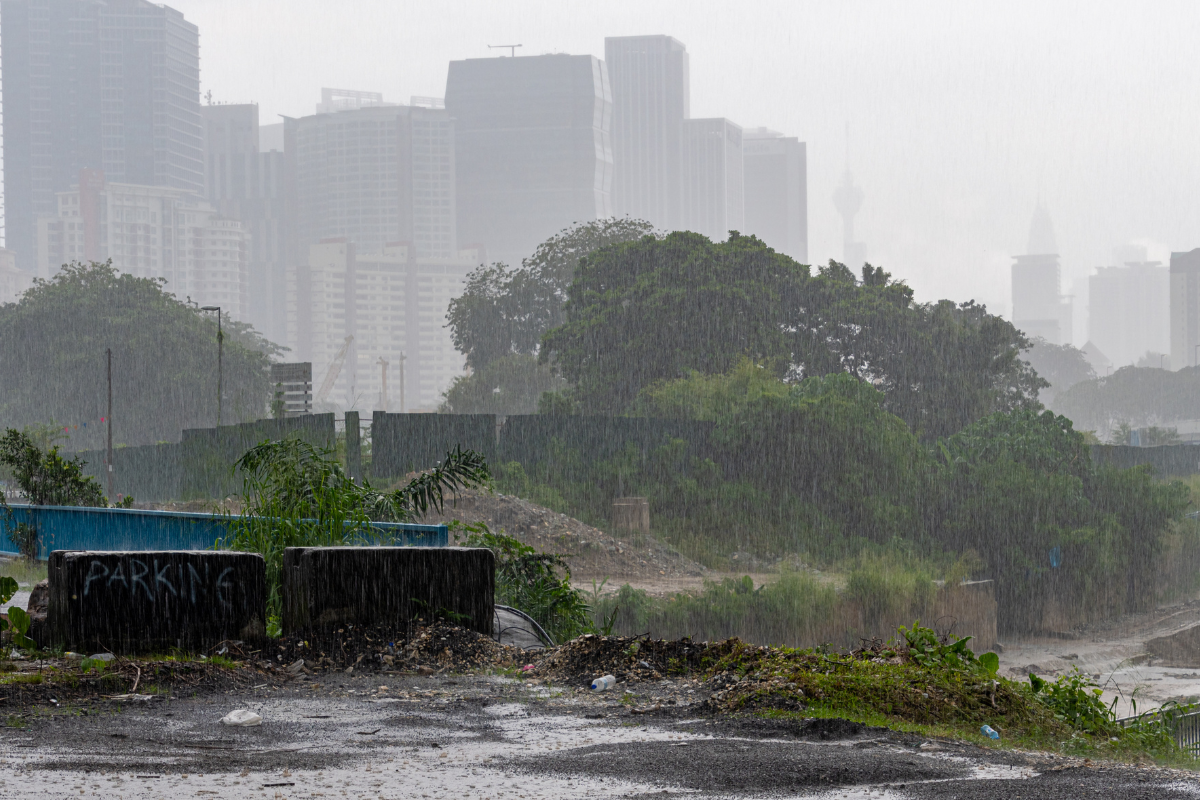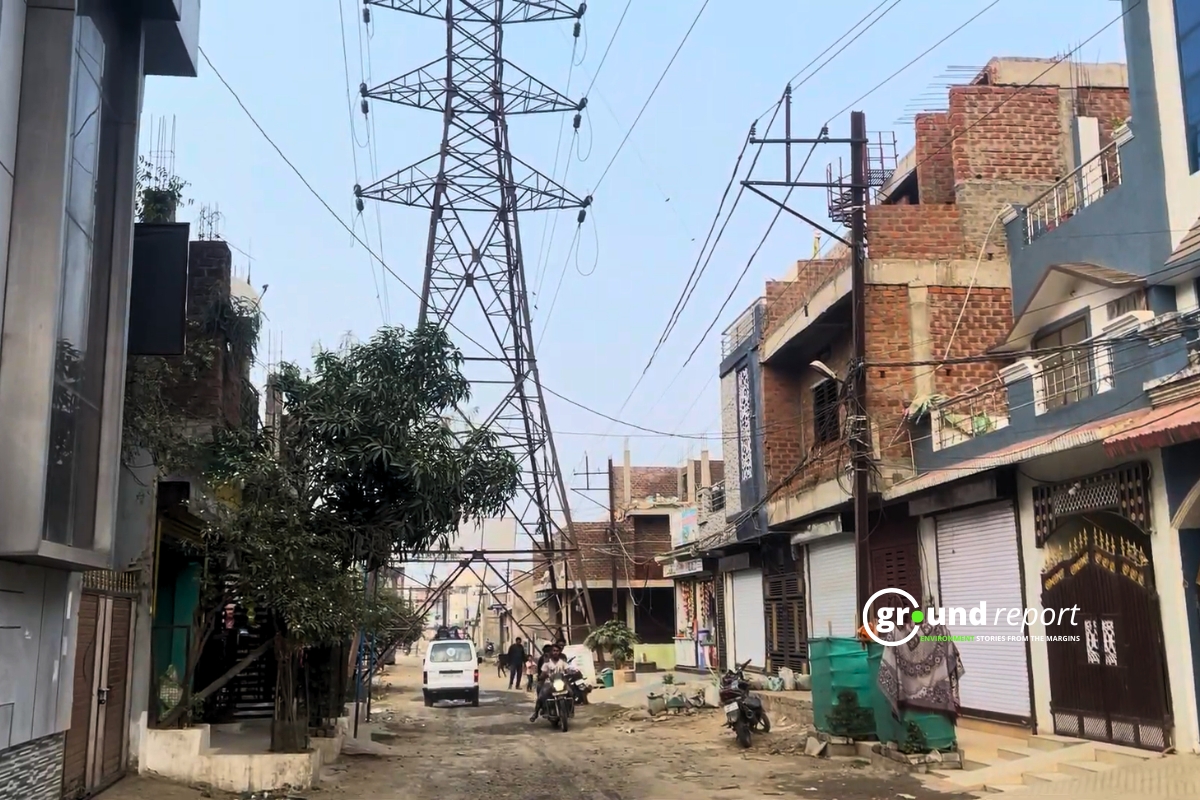Researchers from the Massachusetts Institute of Technology (MIT) analyzed the impact of smoke particles on air quality in the United States and found that human-caused fires account for more than 67% of small particles of smoke, called PM2.5, in the country. These particles degrade air quality, causing respiratory diseases and premature deaths.
Fire activity is rising in the United States
According to the article published in the journal Environmental Research Letters, more than 80% of premature deaths caused by small smoke particles in the United States are directly due to human-made fires.
On the other hand, the authors found that smoke from human-made fires was responsible for 20,000 premature deaths in 2018 alone. This is 270% more than in 2003 when the frequency of fires was low. The research highlights that after years of high fire activity, there are much higher concentrations of PM2.5 from smoke in the air.
“Fires not only threaten human lives, infrastructure and ecosystems but are also a major cause for concern in terms of air quality. High levels of smoke exposure can adversely affect human health, leading to conditions such as respiratory infections, lung cancer, heart disease and even premature birth,” said Therese S Carte, lead author of the study.
The team used the Global Fire Emissions Database to quantify emissions from agricultural fires and then classified them into two categories: human-ignited and naturally-ignited. Finally, they simulated the concentration of smoke particles across the United States with a chemical transport model.
Classifying fires: human vs. natural ignition
In this way, they recommended that state entities apply management plans to limit agricultural fires to periods in which weather conditions minimize the effects on health. However, they recognized that those caused by humans are much more difficult to manage due to their sporadic nature.
For example, state agencies could implement management plans to restrict the ignition of agricultural fires to periods when weather conditions would minimize health impacts. However, it is worth noting that human-caused wildfires are much more difficult to manage due to their sporadic and unplanned nature.
“Humans can play a critical role in reducing PM2.5 concentrations”
“Now that we know that humans can play a critical role in reducing PM2.5 concentrations, we should put policies, regulations, and management plans in place to reduce human-caused fires. Efforts should focus on certain regions and ignition types to be the most successful. Identifying and acknowledging the sources of these particles is the first step toward a cleaner, healthier future,” concludes Carter.
ALSO READ
- Forest fires set new emissions records this year
- Forest fires have doubled worldwide in the last 20 years
- Air pollution and fires, threats to clean water
Follow Ground Report for Climate Change and Under-Reported issues in India. Connect with us on Facebook, Twitter, Koo App, Instagram, Whatsapp and YouTube. Write us on GReport2018@gmail.com.









